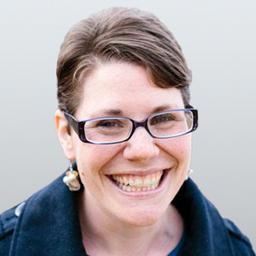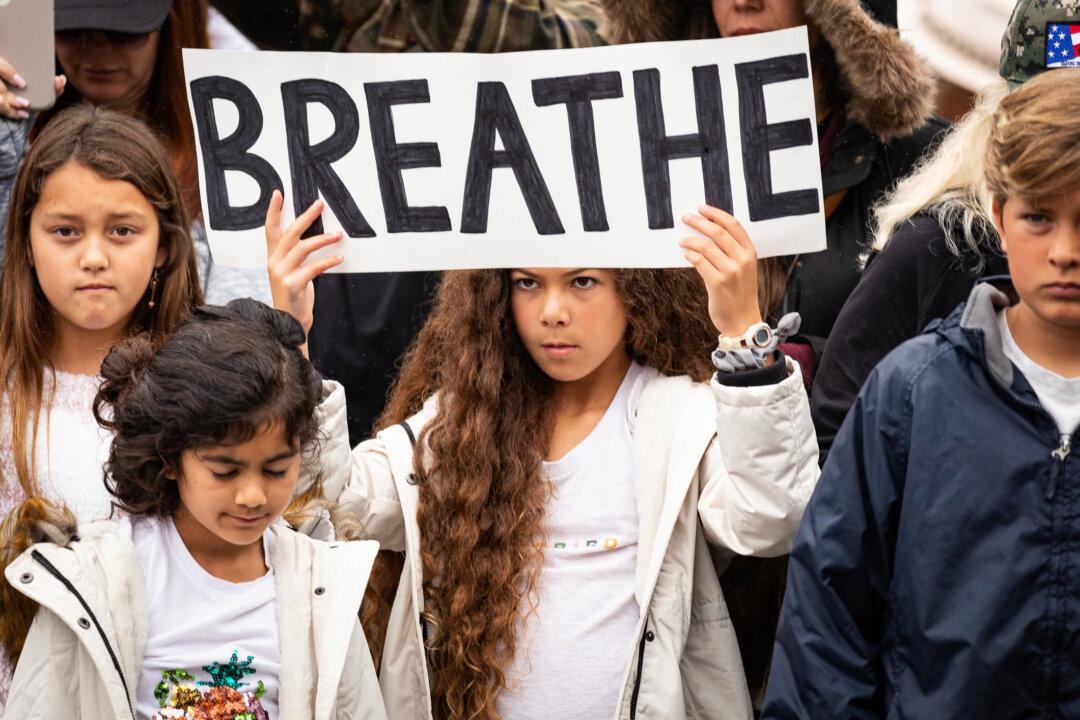Online censorship is being questioned by parents in Missouri. Throughout the pandemic, popular platforms like Facebook and Twitter offered a place for people to socialize despite lockdowns. The platforms allowed support groups to continue to meet virtually.
Smaller, lesser-known platforms like nextdoor.com also host plenty of community conversations.





